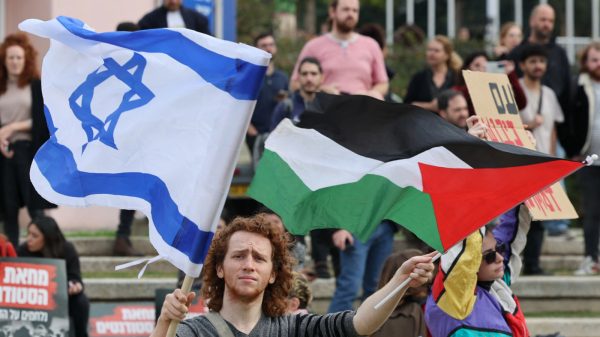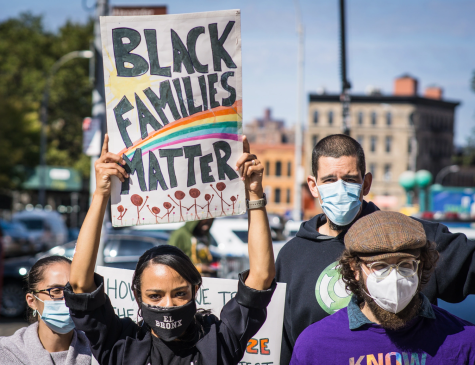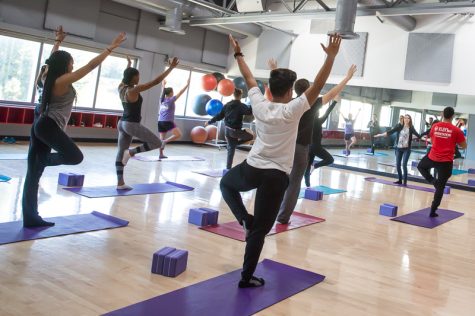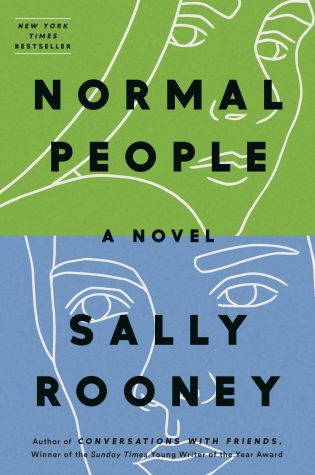Halloween isn’t an excuse to be racist
October 31, 2019
My culture is not a costume.
From oversized sombreros, to geisha ensembles, and Native American headdresses, Halloween has always been subject to offensive and insensitive costumes.
Halloween is the one day of the year people of all ages can get dressed as anyone or anything they want to be. However, it is important to be careful when picking out a costume because a certain costume can offend particular groups. Simply, this can be described as cultural appropriation.
Cultural appropriation occurs when someone from one culture adopts aspects of a culture that is not their own. These features include the fashion, trends, and traditions of another culture.
If you’re costume is racially, ethnically, or culturally rooted, you are cultural appropriating.
This goes without saying, but the most obvious thing you shouldn’t dress up in is blackface. Blackface is historically dehumanizing for African-Americans and it occurs when non-black people paint their face black to pose as a black person.
Blackface dates back to the 19th century after the Civil War where actors acted out racial stereotypes while wearing black grease paint to represent a Black person. It is unambiguously racist and should not still be practiced or included in a costume.
If you want to dress up as your favorite celebrity, whether it be Beyoncé and Jay-Z, you don’t need to darken your complexion to do so.
Historically oppressed groups created their own culture to take pride in, away from the discrimination, racism and abuse. Their history and heritage are embedded into their regalia that have sacred meaning and it should not be reduced as a prop or an accessory.
For example, anything Native American themed is not an acceptable costume. Dressing up as Pocohantas or wearing the “Indian girl” costume is unapologetically disrespectful and serves as a mockery to their culture.
Native Americans have suffered many lifetime’s worth of pain and suffering. Now, the holiday has turned their culture into dress-up day.
Many others have spoken out against cultural appropriation. Back in 2017, Teen Vogue, a popular teen magazine, produced a video featuring six women, asking them what cultural appropriation means to them.
“One of the things about Hawaiian culture that not a lot of people know is that historically is was illegal to practice anything that had to do with native Hawaiian culture,” Cashman Aiu said tearfully in Teen Vogue’s My Culture is Not a Costume video. “My grandmother is currently in her 70s, and she’s finally learning how to dance hula. And she’s been creating her hula skirt and lei for weeks now, and this is nothing like what it looks like. This costume is extremely hurtful, not only for myself but the generations that had to go through this erasure.”
Although, there may be good intentions, it doesn’t exonerate you from the backlash. The costumes do not come with the historical and systematic oppression marginalized groups had to face for centuries. It shouldn’t be minimized to as some sort of sweatshop manufactured fashion ensemble.
Some think that they are honoring a particular ethnic group by donning their clothing, but in reality, it is actually problematic and harmful towards them.
For these groups, their history, heritage, and customs are all they have. It has become apart of their identity and should remain sacred to them.















